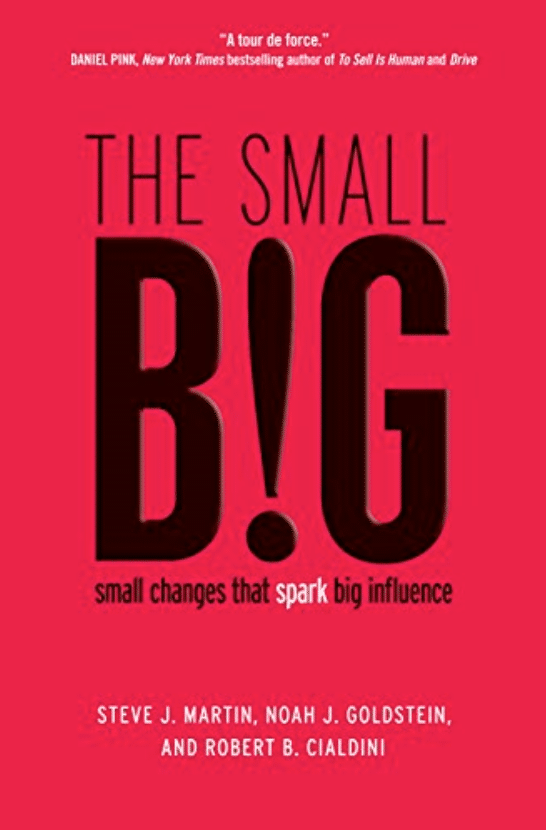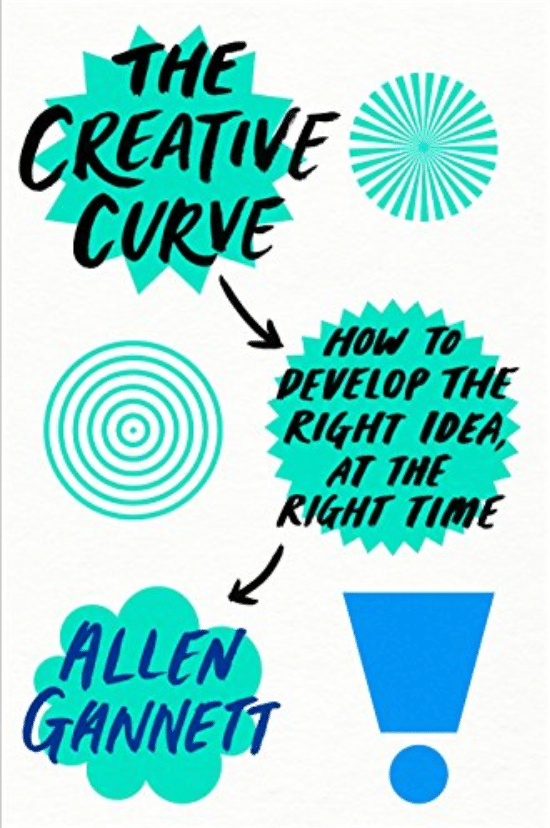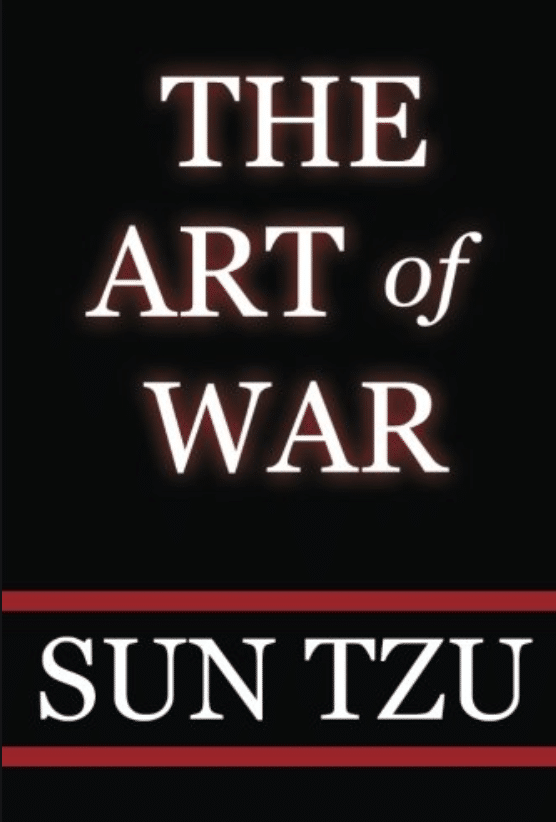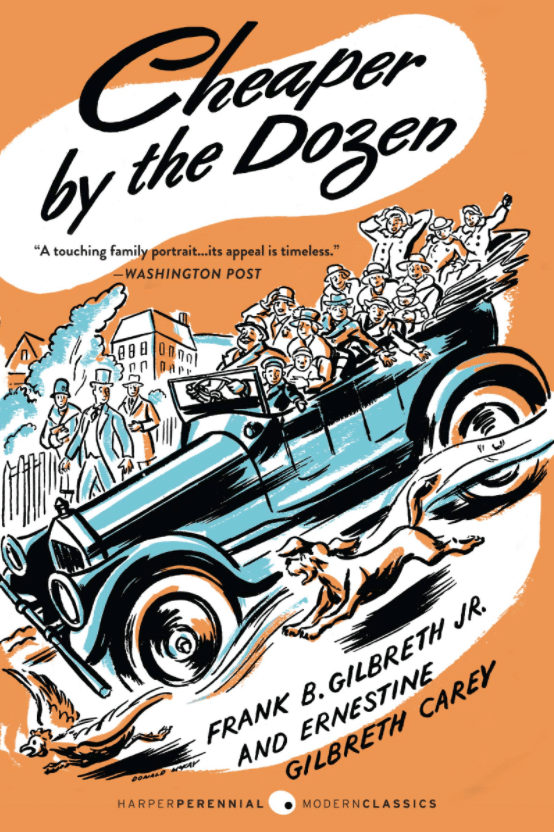What does it take to be a great manager? A well-stacked bookshelf, for one. Books are a great source of learning and can give you new perspectives on how to hone your leadership skills. The problem is that many management books are plain awful, bloated with the same old advice that serves little purpose.
That’s why we took it upon ourselves to compile a list of the most inspiring and unorthodox reads about being an effective manager. Collectively, they offer a broad perspective of how to thrive as a leader of a team, a department, or a company. If you’re looking to expand your career horizons, add these books to your reading list!
9 unconventional books about management and leadership
1. Lead your team through difficult times: Endurance by Alfred Lansing

Teams are a critical part of an organization, and helping them get through tough times is often a sign of true leadership. In Endurance, Alfred Lansing offers an inside view of what it means to guide a team in trial and tribulation. Heading out to Antarctica for an exploratory mission, Captain Ernest Shackleton and his men arrive at their destination only to become trapped by ice.
With dwindling supplies and freezing temperatures, Shackleton’s dire circumstances call for innovative solutions. From cross-training to morale-boosting activities, Shackleton consistently finds new ways to keep his team focused on survival. With his persistence and tactics, the crew of the Endurance managed one of the most daring escapes in history without losing a single member.
To help your team survive and thrive in today’s changing world, take a cue from Shackleton’s approach to management and leadership.
2. Become a master of persuasion: The small BIG by Steve Martin, Noah Goldstein, and Robert B. Cialdini

As a manager, it’s essential that people hear what you have to say and incorporate your input into their decisions. To accomplish this, you will need to learn the art of persuasion. One of the best management books for mastering influence and persuasion is Steve Martin, Noah Goldstein, and Robert B. Cialdini’s The Small BIG.
In this book, you’ll learn some small tips that will make a big difference in your ability to persuade others.
Chapters center on useful and wide-ranging topics such as showing appreciation, leveraging social proof, and giving people extra time to get things done. As the title suggests, these are small changes that don’t require making cultural shifts or massive budgets.
The small BIG also features practical examples and case studies that will keep you glued to its pages.
Whether you’re managing a distributed workforce or an in-house team, you’ll find that small changes in the way you communicate—such as using video conferencing or screen sharing software—can enhance the way people hear (and embrace) your ideas:
3. Improve your non-verbal communication: What Every Body Is Saying by Joe Navarro

Have you ever gotten a sense of how someone feels without them ever saying a word? That’s non-verbal communication at work, and it’s a massive part of how we communicate as a society.
As a manager, non-verbal communication is a critical part of your job: you need to make sure that your body language is sending the right message to your team, and you also need to make sure that you’re picking up on silent cues that your team is sending you.
Joe Navarro is the perfect guide for this lesson—as a former FBI counterintelligence agent, reading body language was literally part of his job. He gives loads of actionable tips that you can start using right now. For example, did you know that when someone’s hand or finger is near their mouth, they probably have something to say? Use this opportunity to pause and let them speak, so they know you’re really listening.
4. Enhance your creative thinking: The Creative Curve by Allen Gannett

This is one of those management books that you use for the “long game.” While creativity may not be something that’s absolutely necessary in your day-to-day role of managing a team, it becomes an incredibly valuable skill as you encounter problems and opportunities that need a bit of outside-the-box thinking.
The Creative Curve dispels the old myth that some people are just creative and some people aren’t. It reveals that there’s a science behind truly successful ideas, which means that we can engineer moments of inspiration and brilliance—instead of waiting for the creative department to send them your way.
These insights are especially helpful for those in the tech world, who often live under the expectation that they’re only the executors of creativity, not the ones who dream up the magic. Use this book to turn yourself and your team into a powerhouse of creative thinking that takes you to new heights.
5. Become a giver and get ahead: Give and Take by Adam Grant

The full title of this book is Give and Take: Why Helping Others Drives Our Success, and it’s named appropriately. There’s loads of social research that proves that giving without expecting anything in return has huge benefits for our mental health and relationships with others, whether they’re personal or professional.
In this book, Adam Grant’s framework is that there are three types of people: takers, matchers, and givers. In addition to not expecting anything in return, givers also tend to be genuinely happy for the success of others. In a management environment, this is seen when leaders truly want their team to succeed, and they do what they can to make sure that happens.
This creates incredible results, boosting satisfaction, team productivity, and even financial outcomes for companies and the people who comprise them. Grant has a simple thesis that has withstood the test of time: when you give for the sake of giving, everyone wins.
6. Discover your optimistic self: Surely You’re Joking, Mr. Feynman! by Richard Feynman

Originally published in 1985, this book is a delightful blast from the past. In addition to being loaded with entertaining stories, Surely You’re Joking, Mr. Feynman! lets its readers walk away with life lessons that they can apply to their personal and professional lives.
One of the key themes of the book is to change your perspective on things. He tells a series of stories that show readers how virtually any problem can be solved with a little bit of reframing. All you need to do is try to see problems as opportunities instead and approach them with a sense of curiosity, open-mindedness, and critical thinking.
This is one of our top management books because this kind of mindset can have remarkable results in a leadership environment. It fosters a sense of teamworkand optimism, encouraging everyone to find silver linings that they might not have seen on a surface level.
environment. It fosters a sense of teamwork and optimism, encouraging everyone to find silver linings that they might not have seen on a surface level.
7. Adopt a systems mindset: Atomic Habits by James Clear

How many times have you set a New Year’s resolution and not achieved it? Now think of the times you’ve set development goals for your team and failed to get the desired results. The problem isn’t you. It’s the approach of having goals that sets you up for failure.
In his book, James Clear encourages you to adopt a systems mindset so you can have a wider impact on business outcomes. Automatic Habits will reshape the way you think about success and progress, and give you the strategies and tools you need to transform your systems—whether you’re a leader looking to foster a culture of collaboration, a company hoping to redefine an industry, or simply a person who wishes to make progress.
Ironically, focusing on process regardless of the progress will make you more likely to progress. And devoting yourself to a system is cultivating a process. If you’re having trouble achieving your goals, this will help you create processes that lead to remarkable results.
8. Overcome fear of change: The Art of War by Sun Tze

Change within business often brings with it the fear of the unknown, and this fear can cause people to miss out on opportunities.
In The Art of War, Sun Tze has dedicated an entire chapter to embracing and being prepared for change. The author emphasizes that anything can happen on the battlefield so generals are always prepared for the worse. But he also points out that the key to getting ahead is to take the right risks. Change is inevitable in every industry, and the best way to prepare for change is to embrace the force behind that change. Embracing new regulations, processes, and technologies will uncover opportunities, which must be seized if you are to progress.
The Art of War also has other lessons that will help improve your leadership skills. For example, the author recommends maintaining trust in others to inspire confidence and displaying humanity by being transparent and open—advice you can apply as a manager right now.
9. Manage your time effectively: Cheaper by the Dozen by Ernestine Gilbreth Carey and Frank B. Gilbreth

Poor time management can result in dissatisfied clients, unfinished projects, and ever increased overhead costs. Not only do today’s managers need to learn how to manage their time effectively, but they should also help their staff do the same. Cheaper by the Dozen is one of the must-read management books for this purpose.
In their heart-touching and equally comical family saga, Ernestine Gilbert and Frank Gilbert recount their parents’ unconventional approach to managing a house with 12 children. Almost coincidentally, the Gilbert parents were experts in the field of time and motion studies, teaching their children how to make the most of their time and get a handle on things.
To give an example, the Gilbert children learned a new vocabulary word every day while they were in the bathroom. While you hopefully won’t be telling your staff to take frequent bathroom breaks, the tale of the Gilbert household will profoundly impact the way you manage your time.
Broaden your perspective and leadership skills with these non-traditional management books
Whether you’ve been working in a management position for years, or you’ve just landed a promotion after outperforming everyone as a rep, there’s plenty you can do to help drive your organization forward. While there will be challenges along the way, there’s plenty of help out there, including these books, that can support you in becoming a successful manager.
Curious and want to learn more? Read about The 6 Keys to Effective Collaboration in the Workplace.
Originally published Mar 02, 2020, updated Aug 17, 2020






